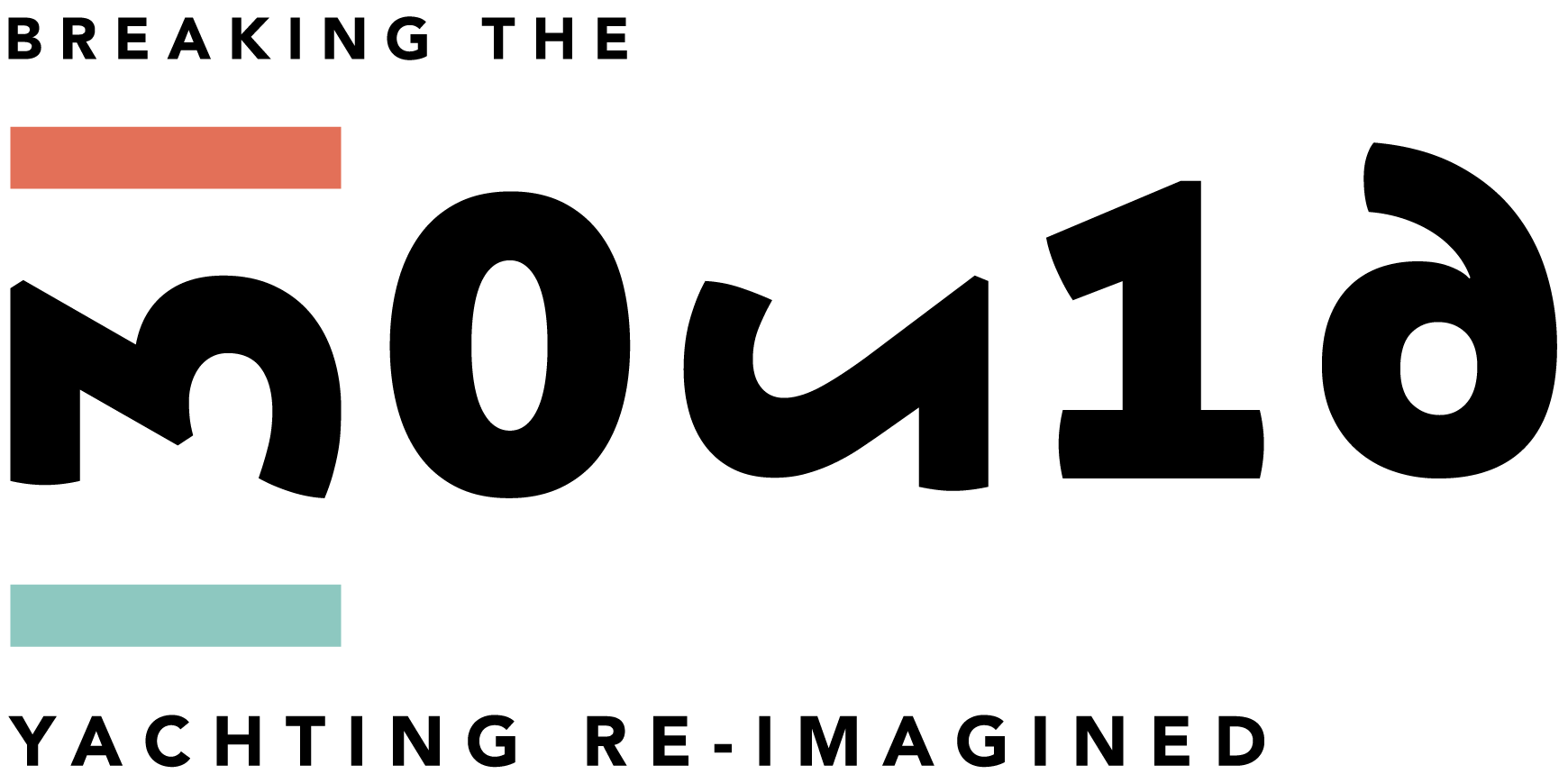Why a Proper Finance System is Essential for Yacht Operations
Yacht operations are complex. From compliance with ever-changing regulations to managing international transactions, having a proper finance system in place is vital. Without one, you risk legal trouble, inefficiencies, and unforecast costs. Let’s dive deeper into the reasons why building a proper finance system for your yacht operation is non-negotiable.
1. Tax and VAT Regulations
- VAT rates and exemptions for yachts vary widely between countries. For example, the VAT rate in Italy differs from France, and navigating these differences requires precision.
-
Some countries offer VAT exemptions or reductions for yachts used commercially. However, these come with strict documentation requirements. Let’s explore a few examples:
-
Montenegro: Offers a 0% VAT rate on yacht charters, making it a popular destination for commercial yachting.
-
Greece: While the standard VAT rate is 24%, commercial yacht charters often qualify for significant reductions, sometimes halving the rate.
-
Croatia: Has a VAT rate of 13%, but delivery and re-delivery fees for commercial yachts may qualify for exemptions.
-
Malta: Provides a reduced VAT rate of 5.4% for commercial yachts that meet specific criteria, such as valid commercial registration.
-
Cyprus: Applies a standard VAT rate of 19%, but reductions and exemptions are available for specific charter activities.
A robust finance system helps you:
-
Automate VAT calculations specific to each country.
-
Generate reports to meet audit requirements.
-
Avoid penalties by ensuring timely tax filings.
-
2. Transparency in Financial Transactions
Yacht operations typically involve diverse and high-value financial transactions, such as:
- Paying crew salaries in multiple currencies.
- Purchasing fuel or provisioning in different countries.
- Managing repairs, upgrades, and inspections through various vendors.
A proper finance system consolidates these transactions, allowing:
- A clear view of where your money is going.
- Easy identification of discrepancies, fraud, or errors.
- Efficient reconciliation of expenses with bank accounts.
Transparency isn’t just about internal operations—it builds trust with stakeholders, investors, and clients.
3. Streamlined Budgeting and Cost Control
Yacht operations are expensive, and costs can quickly spiral without a firm grip on your budget. Some key expenses include:
- Docking fees, which vary depending on the marina and location.
- Routine and emergency maintenance costs.
- Crew training and retention expenses.
A structured finance system provides tools for:
- Setting detailed budgets for each yacht or operation.
- Tracking spending against planned budgets in real time.
- Highlighting overspending early to enable corrective action.
For example, if maintenance costs exceed forecasts, a system can help you drill down to the root cause—be it poor planning, supplier overcharges, or unexpected issues.
4. Better Cash Flow Management
Cash flow in the yacht industry is far from predictable. Factors include:
- Seasonal income spikes during peak charter seasons.
- Delayed payments from clients or third-party operators.
- Upfront costs for major repairs or upgrades.
Without proper cash flow management, you risk liquidity crises that can disrupt operations. A strong finance system:
- Tracks inflows and outflows across all accounts.
- Forecasts cash shortages so you can secure funding or reduce expenses proactively.
- Handles multi-currency transactions seamlessly, avoiding exchange rate losses.
This ensures that your business remains operational and profitable, even during off-seasons.
5. Enhanced Decision-Making
Accurate financial data is essential for major business decisions, like expanding your fleet or entering new markets. A finance system provides:
-
Real-time financial reports.
-
Insights into profitability, revenue, and cost trends.
-
Dashboards to monitor Key Performance Indicators (KPIs).
For example, if you’re considering investing in a hybrid-powered yacht, your system can analyze the long-term fuel savings against the upfront cost.
6. Improved Client Relationships
Clients in the yachting industry are typically high-net-worth individuals with high expectations. A proper finance system improves their experience by:
-
Generating clear, professional invoices.
-
Offering multiple payment options, such as bank transfers, credit cards, or digital wallets.
-
Resolving billing disputes or refunds quickly.
Happy clients are more likely to return and recommend your services.
7. Risk Management and Insurance Coordination
Yachts are valuable assets with significant risks, including accidents, piracy, and natural disasters. Insurance plays a key role, but managing it can be complicated. A finance system helps by:
-
Tracking premium payments and renewals to prevent lapses.
-
Recording and reconciling claim reimbursements.
-
Analyzing insurance costs to optimize coverage.
This reduces financial losses and provides peace of mind.
8. Scalability for Growing Operations
If you plan to expand your yacht operations, your financial system must grow with you. A scalable system can handle:
-
Adding new yachts to your fleet.
-
Expanding into new destinations.
-
Managing increased transactions and reporting needs.
Investing in a scalable system now avoids the expense of upgrading later.
A proper finance system is not just an option for yacht operations; it’s a necessity. The benefits are undeniable, from handling complex VAT regulations to managing cash flow and improving client relationships. By investing in the right system, you’ll ensure compliance, efficiency, and profitability for your yacht business.
Ready to streamline your yacht operations? Breaking the Mould Accounting Ltd specializes in tailored financial solutions for the yachting industry.
Contact us today to learn how we can help your business thrive.



%20(35).jpg)
%20(37).jpg)
%20(49).jpg)